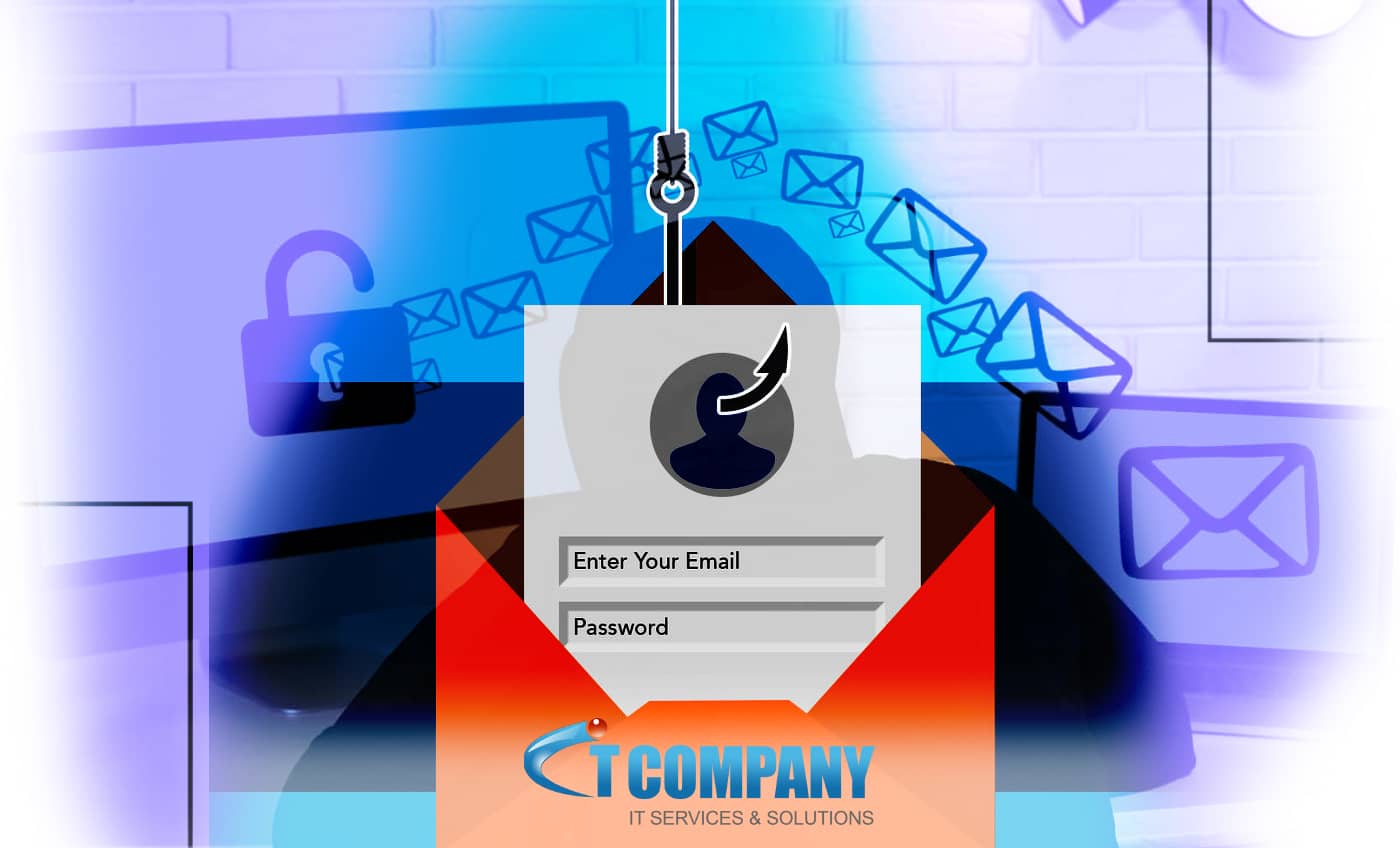Learn about prevalent strategies including phishing and BEC schemes and comprehend the horrifying repercussions of becoming an email fraud victim.
Without question, email has developed into a vital tool for communication. However, email fraud is a negative side effect of its widespread use. Email fraud is sometimes referred to as the biggest scam in history. It refers to the various dishonest actions intended to deceive people and organisations in order to achieve a financial advantage.
According to an online security website around 3 billion phishing emails are being sent out daily. A ransomware or phishing assault is predicted to extort approximately 33 million records every 11 seconds by 2023. Moreover, email fraud, including phishing and BEC schemes, caused recorded losses of over $4.2 billion in 2020 alone. The FBI’s Internet Crime Complaint Centre received 800,944 total recorded complaints in 2022, with damages totalling more than $10.3 billion. Phishing schemes were the most frequently reported crime category in 2022’s Internet Crime Complaint Centre report, with 300,497 complaints.
The malicious use of email to trick and defraud people or organisations is referred to as email fraud. It entails the distribution of false messages that seem authentic to dupe receivers into providing personal information, conducting financial transactions, or acting in a way that is advantageous to fraudsters. To create legitimacy and win the recipient’s confidence, these emails frequently use the personas of prominent companies or governmental bodies.
Why email fraud is the most widespread type of fraud worldwide?
Email use is extremely widespread, making it a popular method of fraud. Almost everyone who uses the internet utilises email.
Scalability: It’s simple to expand email fraud. Scammers send millions of fraud emails with minimal effort hoping that even a fraction of recipients will fall for them.
Sophistication: Email fraud tactics have advanced. They are utilising phishing and other social engineering methods to deceive victims into disclosing personal information. They frequently pass for reliable organisations, making it hard for the typical user to spot fraud.
Universal outreach: Email gives fraudsters the ability to target victims anywhere on the globe. Thus, bypassing any geographic restrictions that could apply to other types of fraud.
Immediate Financial Implications: Email fraud could render direct fiscal implications. For instance, in BEC scams, when a criminal poses as a corporate executive or supplier to mislead a worker into sending money, costs businesses billions of dollars.
Unauthorized data access: Email fraud frequently acts as a point of entry for data security breaches. This happens when valuable customer or business information is taken and used for ransomware attacks, identity theft, or corporate espionage.
Challenging to detect and convict: It may be very challenging to detect the culprits and convict them because of the anonymous nature of the internet. Moreover, fraudsters sometimes operate from nations with low cybercrime laws.
Widespread impact: The fraud affects everyone, including individuals, small companies, major enterprises, and even governments.
Type of Email Fraud
Email fraud can take many different forms, however, some popular strategies include:
Phishing: Fraudsters send emails asking for personal information like usernames, passwords, or credit card numbers while appearing as genuine businesses like banks or internet service providers. To generate a sense of urgency and motivate readers to take immediate action, these emails include urgent or threatening content.
Business email compromise (BEC): In a BEC scam, frauds pretend to be corporate officials or vendors to dupe staff into giving confidential company information. These emails frequently have a professional design and seem to be sent by reliable people within the company.
Prepayment Scam: Sometimes referred to as the “Nigerian Prince” scam. It comprises emails that promise a substantial quantity of money in return for a minor price or help. Scammers coerce victims into disclosing their bank account information or paying beforehand, but the promised cash never appears.
Being a victim of email fraud may have terrible repercussions. People may experience monetary loss, identity theft, or reputational harm. Financial losses, stolen client data, harm to brand reputation, and significant legal penalties are just a few of the effects that organisations may experience.
Email Fraud Prevention
Take into account the following precautions to avoid being a victim of email fraud:
Be watchful: Carefully examine emails to look for any indications of consistency issues, spelling errors, or strange demands. Alert yourself to any urgent or disturbing signals that encourage you to take immediate action.
Before replying, confirm: If an email demands sensitive data or financial transactions, independently confirm the request by getting in touch with the alleged sender directly through a reliable source or on the company’s official website.
Boost your security: For an additional layer of protection, activate two-factor authentication (2FA) and use strong, one-time passwords for your email accounts. Update your hardware and security apps frequently to guard against malware and phishing scams.
Be aware and raise awareness: Keep up with the most recent email fraud tactics and learn how to spot and report fraudulent communications. Share this information with your loved ones, friends, and coworkers to build a group defence against email scams.
The possibility of email fraud is still very real in today’s connected society. Individuals and organisations may lessen their chance of becoming victims by being watchful, and careful and putting security measures in place. Remember that our most effective tools in the fight against email fraud are knowledge and prevention.
Looking for email security solutions? Visit now!







